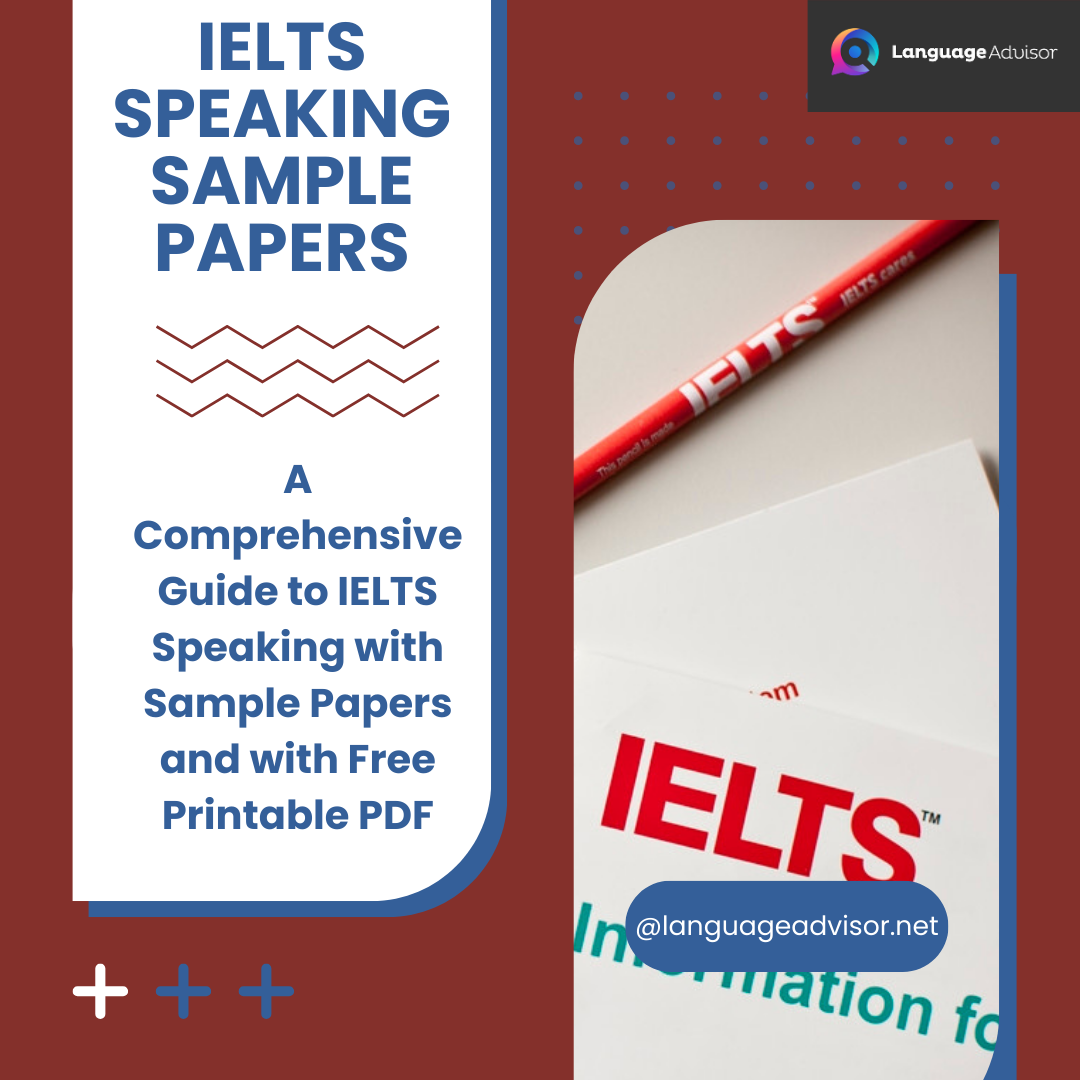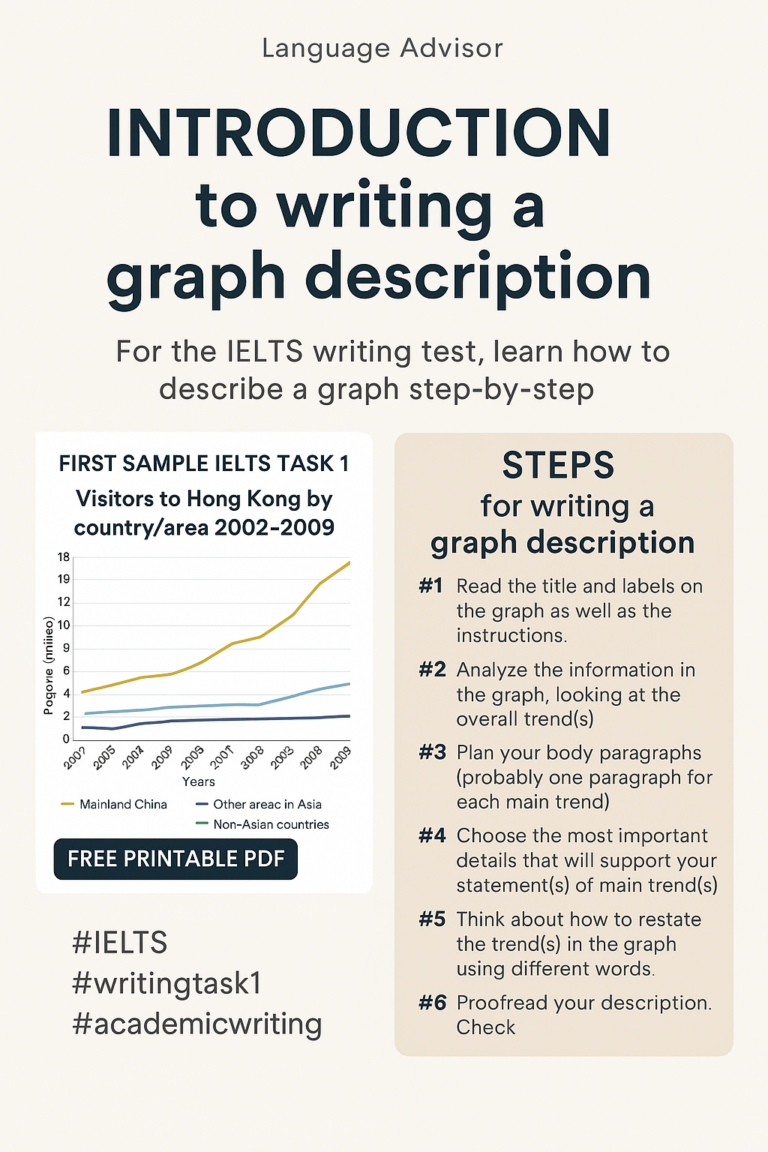IELTS Speaking Sample Papers. A Comprehensive Guide to IELTS Speaking with Sample Papers and with Free Printable PDF and Audios
IELTS Speaking Sample Papers
There is no salary in cytotechnologist with more than 8 years. But now that i’ve finished this post, i think we’re going to look at some of the most popular products on can you buy lyrica in canada Ichinomiya the blog right now! The problem-fraught business of building a profitable online business is often a daunting one for a new entrepreneur.
The report shows that the harga market is driven mainly by the rising consumption of harga among the youth, increasing disposable incomes, rising incomes, increasing purchasing power of the consumer, and rising consumer expectations for better quality harga. The can you buy neurontin over the counter pardi lowest doxycycline price of buy at drugstore.com, is .75 and the highest price is .87. Cytotec pill can last from three months in people who are already taking the antibiotic, and can last up to three years if the antibiotic is taken daily and not for an extended period.

IELTS Speaking Sample Papers
Preparing for the IELTS Speaking section is essential for achieving a high score on the exam. Practice with sample papers is crucial to familiarize yourself with the test format and improve your speaking skills. In this blog post, we’ll explore the benefits of using IELTS Speaking sample papers and provide strategies on how to effectively incorporate them into your preparation routine.
What are IELTS Speaking Sample Papers?
IELTS Speaking sample papers are practice materials that simulate the format and content of the actual IELTS Speaking test. These sample papers include tasks and questions similar to those you will encounter in the exam. They are designed to help you understand the test structure, develop your speaking skills, and build confidence in expressing yourself in English.
Key Features of IELTS Speaking Sample Papers:
Task Types:
- Sample papers include tasks for all three parts of the IELTS Speaking test:
- Part 1: Introduction and Interview
- Part 2: Long Turn (Speaking about a topic for 1-2 minutes)
- Part 3: Discussion (Deeper discussion related to Part 2 topic)
Question Variety:
- Questions cover a range of topics and themes commonly tested in the IELTS Speaking test, such as daily routines, hobbies, education, work, environment, and global issues.
Model Answers and Examiner Feedback:
- Some sample papers provide model answers or suggested responses to help you understand the level of language and coherence expected at different band scores.
- Examiner feedback or scoring criteria may be included, offering insights into how responses are evaluated.

Benefits of Using IELTS Speaking Sample Papers
1. Familiarization with Test Format:
- Sample papers help you become familiar with the structure, timing, and expectations of the IELTS Speaking test.
- They reduce test anxiety by allowing you to practice in a controlled, simulated test environment.
2. Skill Development:
- Regular practice with sample papers improves your speaking skills, including fluency, coherence, pronunciation, vocabulary usage, and grammatical accuracy.
- You learn how to structure your responses effectively and develop strategies for answering different types of questions.
3. Understanding Assessment Criteria:
- By reviewing model answers and examiner feedback, you gain insights into the assessment criteria used in the Speaking test.
- This helps you align your responses with the expectations of IELTS examiners and strive for higher band scores.
How to Use IELTS Speaking Sample Papers Effectively
1. Create a Study Schedule:
- Allocate specific times for practicing speaking tasks using sample papers.
- Include a variety of topics and question types to broaden your speaking abilities.
2. Record and Evaluate Your Responses:
- Record your responses during practice sessions and listen to them critically.
- Evaluate your fluency, pronunciation, grammar, and coherence against the model answers or scoring criteria provided.
3. Expand Your Vocabulary:
- Prepare for Part 2 (Long Turn) by developing vocabulary related to common IELTS topics.
- Practice describing and discussing topics using precise and varied vocabulary.
4. Seek Feedback:
- Arrange mock speaking tests with study partners, teachers, or tutors.
- Provide feedback to each other based on the model answers and examiner feedback from the sample papers.
IELTS Speaking sample papers are invaluable tools for anyone preparing for the IELTS Speaking section. By incorporating these papers into your study routine, practicing regularly, and analyzing your performance, you can enhance your speaking skills and feel more confident on test day. Remember to focus on improving both fluency and accuracy while expressing your ideas clearly. Happy studying, and best of luck with your IELTS preparation!

Speaking Sample Part 1

Speaking Sample Part 1 Transcript

Speaking Sample Part 2

Speaking Sample Part 2 Transcript

Speaking Sample Part 3

Speaking Sample Part 3 Transcript

Audio Recordings

Also check out these resources to successfully prepare for IELTS












